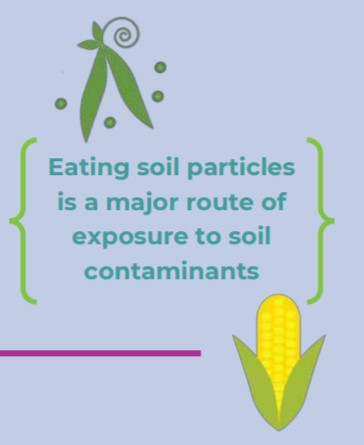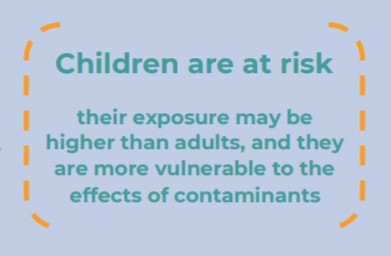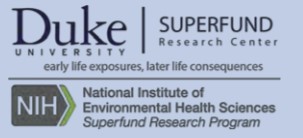10 Healthy Garden Habits
go.ncsu.edu/readext?826040
en Español / em Português
El inglés es el idioma de control de esta página. En la medida en que haya algún conflicto entre la traducción al inglés y la traducción, el inglés prevalece.
Al hacer clic en el enlace de traducción se activa un servicio de traducción gratuito para convertir la página al español. Al igual que con cualquier traducción por Internet, la conversión no es sensible al contexto y puede que no traduzca el texto en su significado original. NC State Extension no garantiza la exactitud del texto traducido. Por favor, tenga en cuenta que algunas aplicaciones y/o servicios pueden no funcionar como se espera cuando se traducen.
Português
Inglês é o idioma de controle desta página. Na medida que haja algum conflito entre o texto original em Inglês e a tradução, o Inglês prevalece.
Ao clicar no link de tradução, um serviço gratuito de tradução será ativado para converter a página para o Português. Como em qualquer tradução pela internet, a conversão não é sensivel ao contexto e pode não ocorrer a tradução para o significado orginal. O serviço de Extensão da Carolina do Norte (NC State Extension) não garante a exatidão do texto traduzido. Por favor, observe que algumas funções ou serviços podem não funcionar como esperado após a tradução.
English
English is the controlling language of this page. To the extent there is any conflict between the English text and the translation, English controls.
Clicking on the translation link activates a free translation service to convert the page to Spanish. As with any Internet translation, the conversion is not context-sensitive and may not translate the text to its original meaning. NC State Extension does not guarantee the accuracy of the translated text. Please note that some applications and/or services may not function as expected when translated.
Collapse ▲Prepare Your Garden
- Keep soil pH above 6.5. Soil pH around 7 is good for plant health and also decreases plant uptake of heavy metals like lead.
- Cover soil and keep it moist. Use mulch or another ground cover to reduce dust in the garden.
- Add compost. Organic matter in compost can help bind some contaminants and make them less harmful. Check the NC Composting Council website to locate STA or OMRI compost suppliers near you.
Protect Yourself and Your Family
- Rinse and peel produce. Carefully rinse leafy produce and peel root crops to remove soil particles.
- Protect your skin. Wear gloves, pants, and boots in the garden.
Wash your hands and face with soap and water after you finish gardening. - Wash your hands and face with soap and water after you finish gardening.
Prevent the Introduction of New Contaminants
- Leave dirt at the door. Remove garden boots and clothing at the door to avoid bringing soil into your home or workplace.
- Choose food-safe garden materials. Avoid treated woods or other materials that may leach harmful chemicals into your soil.
- Avoid pollution from roadways. Hedges or fences can help reduce air pollution and runoff from roadways.
- Limit chemical use in and around the garden to avoid introducing new contaminants into your soils.
More information about soil contamination in gardens.






